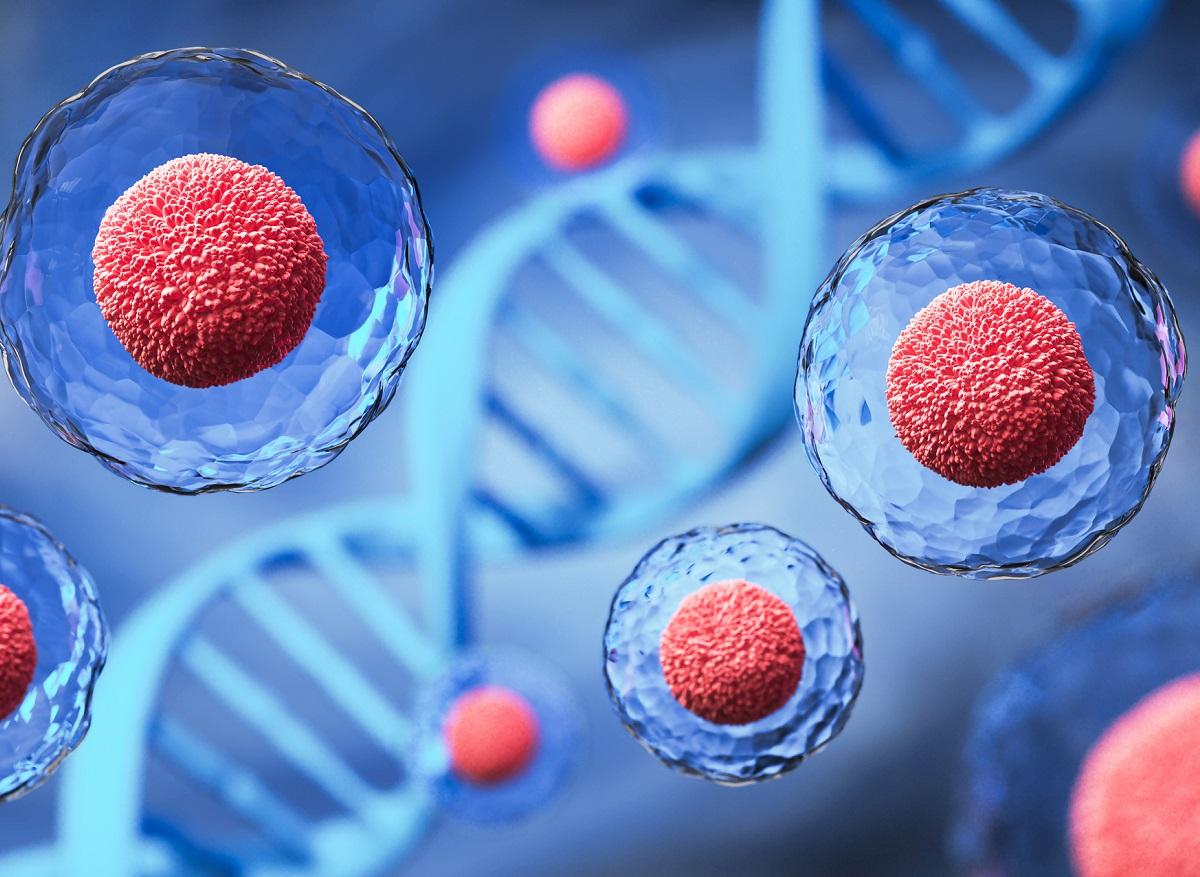The diet called “intermittent fasting” acts on the regeneration of the nerves. Explanations.

- The most practiced intermittent fast is 16/8, which consists of not eating for 16 hours and eating two meals the rest of the time.
- Indole-3-propionic acid is secreted by a bacterium, called “Clostridium sporogenes”, present in the intestinal microbiota.
Alternating between periods of fasting and more or less long phases of food intake is the principle of intermittent fasting. This diet is known for its many benefits, such as weight loss or stimulation of the immune system. Fasting for several hours and then eating normally also helps regenerate nerves, according to work published in the journal Nature June 22.
“The regenerative potential of mammalian peripheral nervous system neurons after injury is severely limited. Regenerative capacity is influenced by injury-dependent and injury-independent mechanisms. (…) Multiple pathways, including changes in gene transcription and of protein synthesis and the release of neurotrophins, can be activated by intermittent fasting. However, it remains to be determined whether intermittent fasting influences the ability of axons to regenerate.” can we read in the study.
Indole-3-propionic acid, an essential molecule for nerve regeneration
For the purposes of their research, scientists from Imperial College London conducted a laboratory experiment with a mouse suffering from a crushed sciatic nerve. They found that intermittent fasting promoted axonal nerve regeneration in this small rodent.
According to the authors, this regeneration took place “through an unexpected mechanism that relies on the gut microbiome and an increase in indole-3-propionic acid (IPA), a metabolite, in the blood.” The researchers explained that during intermittent fasting, the gut microbiota produces indole-3-propionic acid. “Our results demonstrate the ability of a microbiome-derived metabolite to facilitate the regeneration and functional recovery of sensory axons,” concluded the authors.

















